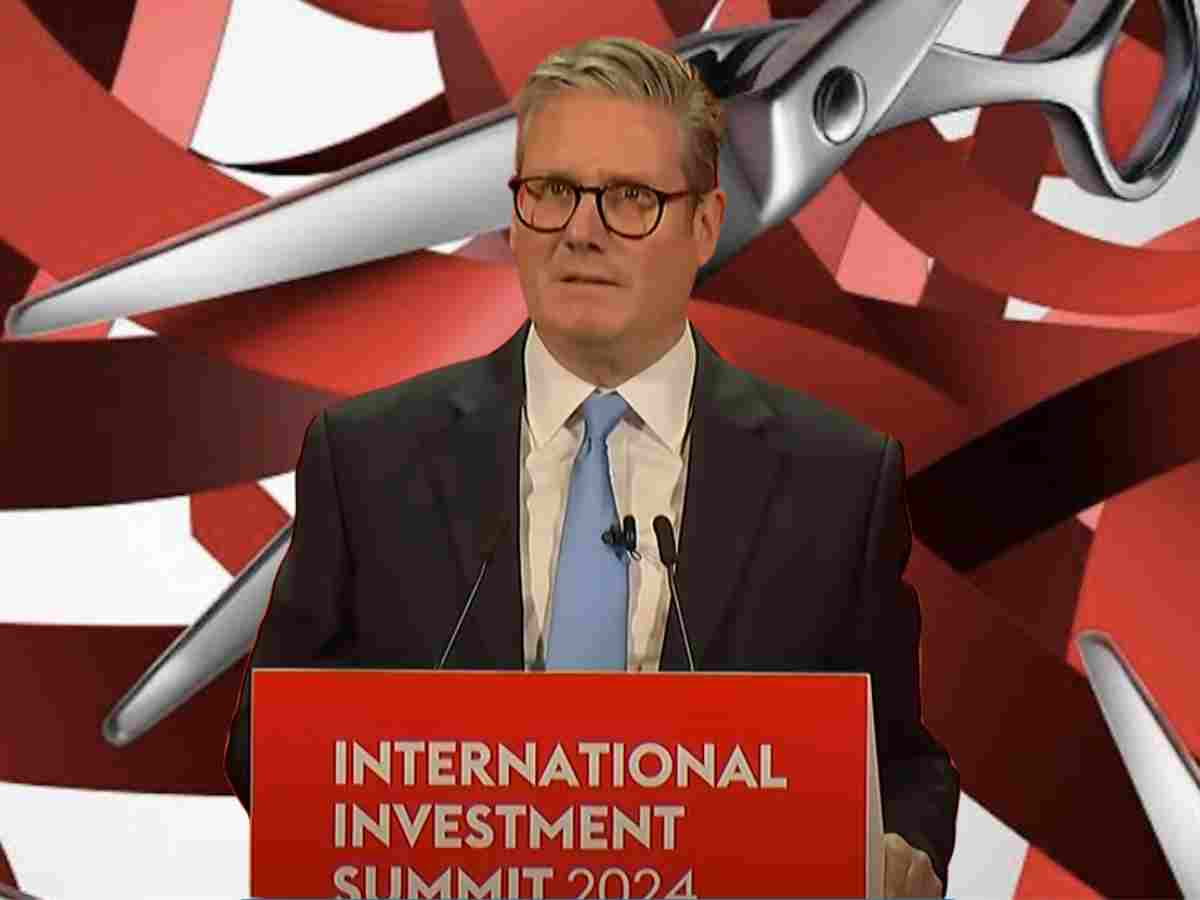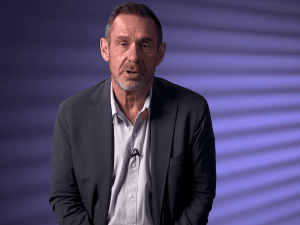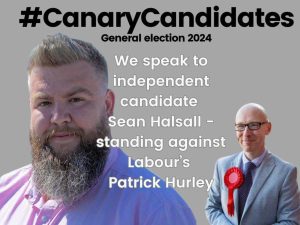Whether it’s privatisation, austerity or deregulation, Labour Party PM Keir Starmer is an ardent neoliberal. Speaking at an investment summit in London with global business executives, the prime minister said:
We’ve got to look at regulation where it is needlessly holding back the investment, to take our country forward. Where it is stopping us building the homes, the datacentres, warehouses, grid connectors, roads, train lines, you name it then mark my words – we will get rid of it. We will rip out the bureaucracy that blocks investment
First off, it doesn’t make sense for homes, grid connectors, roads and train lines to warrant private investment. That simply adds profit to services and products that are the backbone of the economy, which in turn facilitate private businesses. Surely infrastructure should be public.
Starmer: competition
At the summit, Starmer hosted a Q&A with former CEO of Google Eric Schmidt who said regulation is “killing” Britain.
And in Starmer’s speech, he specifically said:
we will make sure that every regulator in this country… Especially our economic and competition regulators…takes growth as seriously as this room does.
The thing is, Google has recently been widely rebuked in the US, EU, and UK for being a monopoly. The UK’s Competition and Markets Authority (CMA) provisionally found Google is abusing its monopoly status when it comes to advertising.
Interim Executive Director of Enforcement at the CMA, Juliette Enser, said:
Google is using its market power to hinder competition when it comes to the ads people see on websites
Competition regulations do not go far enough anyway. A trillion dollar private investment fund like BlackRock (which was also at the summit) is in no way fair competition to a local small business. But is Starmer about to make them even worse?
Growth must not continue to be a euphemism for rich peoples’ bank balances. Competition means putting people on an equal playing field when it comes to their opportunities. That means public ownership of natural monopolies like the national grid and water utilities (because it’s anti-competition for profiteering private companies to own these). It also means high quality, free education services.
We often need more regulation, not less. Instead of abolishing private schools (regulating them out of existence), the Labour government is merely ending their astonishing tax breaks. Instead of removing university tuition fees, the government is increasing them. Putting up cost barriers to high quality education is anti-competition.
And rather than bringing natural monopolies into public ownership across the board, the government is merely nationalising rail passenger services. It’s not even bringing the trains themselves into public ownership, which we are forced to rent from private companies. There’s no competition between companies for this, it’s simply a case of treating the trains as assets that we then rent.
Tory continuity
In his speech, Starmer also took aim at the previous Conservative government, stating:
I would say the previous Government hid behind regulators.
Yet under Boris Johnson, the Conservatives brought back their policy of removing two regulations for every one they introduced. This could be described as a heavy handed approach – surely it should be decided on the merits of each regulation itself. And Rishi Sunak announced deregulation for businesses earlier in 2024.
So will Starmer go further in this continuity government? The Royal Society for the Protection of Birds called his rhetoric “unsettling”. It continued:
Done wrong, this will mean fewer protections for nature when it urgently needs more.
NHS deregulation?
Health secretary Wes Streeting has backed Starmer’s comments and added that there is too much regulation in the NHS. But the British Medical Association is presently supporting legal action against the healthcare regulator, the General Medical Council, for failing to properly distinguish between actual qualified doctors and physician associates (PAs).
In this case, deregulation of what defines a doctor in order to bring about a ‘cheaper’ health service could well impact patient safety.
Featured image via The Telegraph – YouTube
By James Wright




